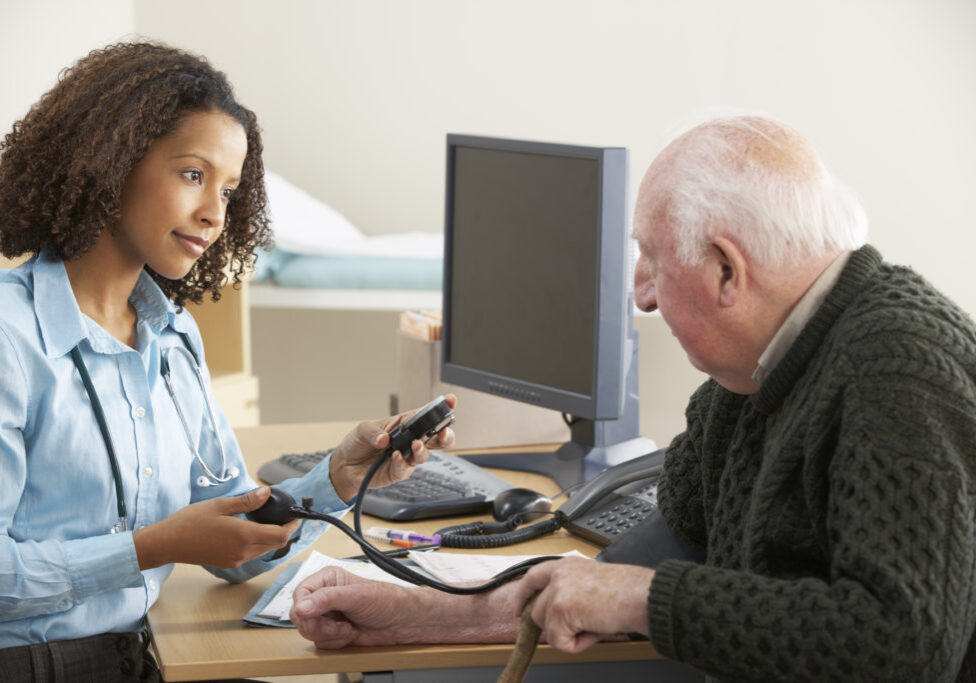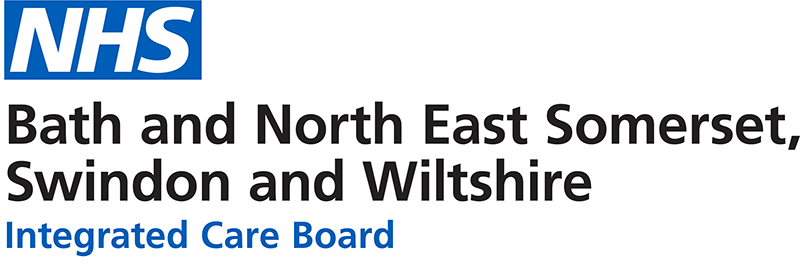Wider practice teams help patients to get right care and treatment quicker

GPs across Bath and North East Somerset, Swindon and Wiltshire are shining a light on other practice-based clinicians whose specialist skills and expertise can help speed up a patient’s journey to receiving the most appropriate care and treatment.
Raising the profile of the primary care professionals who work alongside GPs, such as practice nurses, dieticians, mental health workers and reception teams, is key to helping local people understand the wide ranging support available from their local practice.
Often, getting help from a professional who is an expert in a specific area of medicine, such as a physiotherapist for an issue relating to a muscle or joint, can result in a much shorter wait for care and treatment.
It also supports GPs by freeing them up to spend valuable clinical time on seeing patients with potentially serious symptoms, such as those which are linked to conditions such as heart disease and cancer.
For these reasons, reception teams – known as care navigators – are required to ask patients a number of questions about their condition at the time of booking an appointment so that they can arrange care with the most appropriate healthcare professional.
Patients should feel reassured that reception teams follow the same code of strict confidentiality as all other practice-based colleagues.
Dr Barry Coakley, Deputy Chief Medical Officer, Bath and North East Somerset, Swindon and Wiltshire Integrated Care Board, said: “A GP practice is a high-functioning environment, made up of a variety of experienced colleagues, and we want our communities to understand the full menu of healthcare professionals available to them.
“In many cases, and especially for people with less-complex symptoms, it is quicker and easier to have a consultation with a member of the wider clinical team, such as a nurse practitioner or paramedic, than to wait for an appointment with a GP.
“These skilled clinicians are able to carefully assess and diagnose a wide range of conditions and, in many cases, can issue a prescription for the treatment themselves.
“Of course, anyone with very concerning or complex symptoms will still be able to get the opinion of a GP, when required but, by utilising the skills of the entire team, practices can deliver timely, effective and efficient care for all patients.”
Every GP practice has a slightly different make-up, however most surgeries in the region are supported by a core team of doctors, practice nurses, healthcare assistants and clinical pharmacists.
Each of these professionals can provide direct support to patients, with many of the non-GP colleagues able to carry out tasks that once could only have been done by a doctor, such as taking blood and prescribing medication.
Dedicated mental health workers are also becoming commonplace in many practices, as are community prescribers, who can support patients in a more holistic manner by recommending help and support in the community.
More information on who can be found working in the region’s GP practices, along with accompanying explainer videos for each role, can be found online at www.bsw.icb.nhs.uk/your-health/which-nhs-service-should-i-use/gp-practices/meet-your-primary-care-team.
